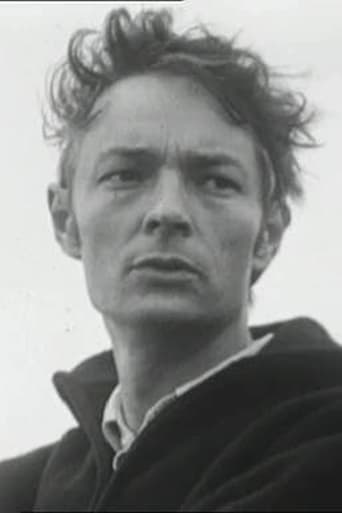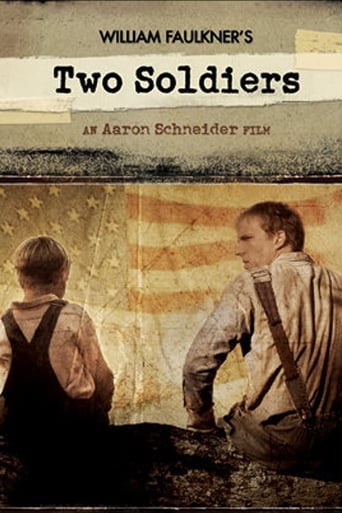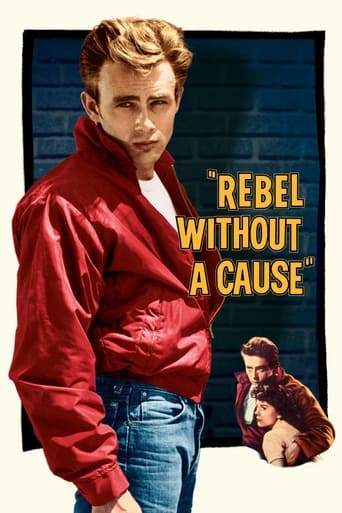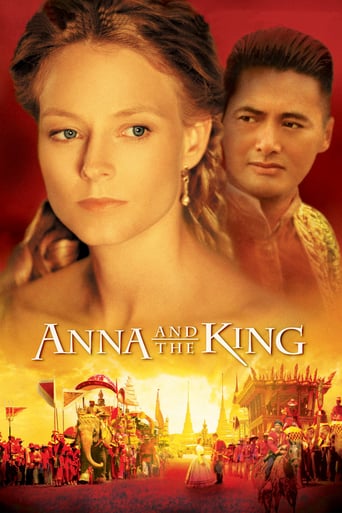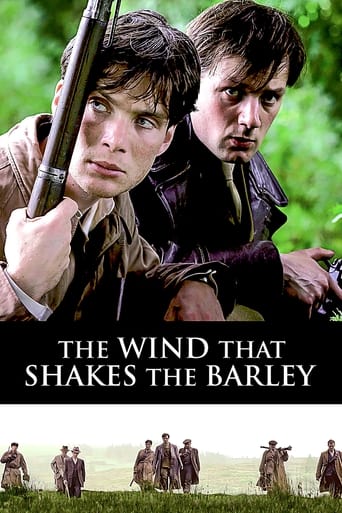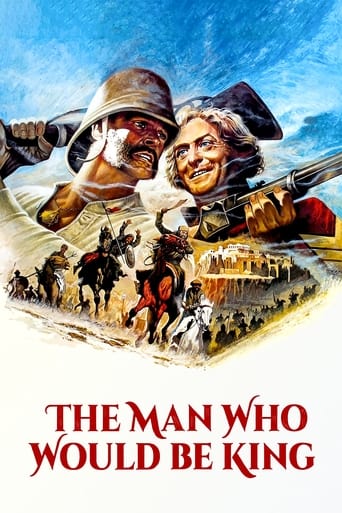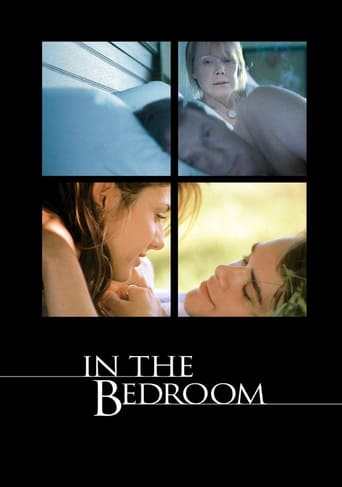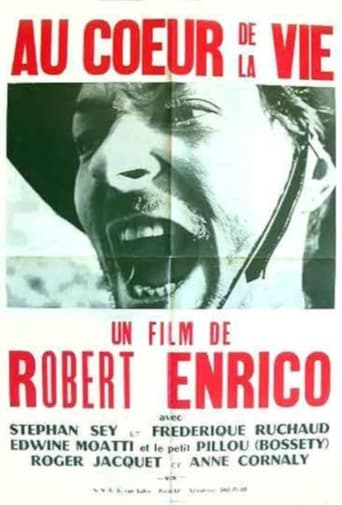

In the Midst of Life (1963)
This Civil War anthology adapts three Ambrose Bierce stories "An Occurrence at Owl Creek Bridge," "Chickamauga" and "The Mockingbird."
Watch Trailer
Cast


Similar titles
Reviews
Ambrose Bierce is a writer unknown to me, but the film that Robert Enrico has fashioned out of three Bierce stories has great power. The terrors of war are recreated here with great artistry by Enrico and his excellent cinematographer Jean Boffety (they made many films together). The sunlight cascading through dense foliage has rarely been so well caught in a movie.I found the final story La Riviere du hibou (An Occurrence at Owl Creek Bridge is the English title) to be almost unbearable in its emotional power. The hanging party is set up with great attention to detail--the condemned man notes at one point that sharpshooters always have grey eyes like those of the man who's aiming at him--and the effect is stunning. This film must be issued on DVD.
It's difficult to believe that the Robert Enrico who made Les Aventuriers also made Au Couer de la vie a decade previously because the two are chalk and cheese having only directorial talent in common. A cynic may remark that Enrico had been frightened by Max Ophuls after noting the way his camera is seldom if ever static, circling the action constantly, creeping through the woods like a Comanche war party surrounding settlers but fluid camera-work is only one of the stylistic strings on Enrico's bow. He has taken three stories by Ambrose Bierce all illuminating some aspect of The War Between The States (1861-64), often erroneously labelled the American Civil War, and melded them into a powerful - all the more so because it is largely silent - anti-War statement. All three stories blur the boundaries between reality and the supernatural and the first segment 'Mockingbird' is the ideal introduction to the concept when a soldier, rewarded for bravery with a furlough, falls asleep and dreams of a Past that is still in the Future and all too soon becomes the Present. The second segment 'Chickamauga' is a tour de force in which the actual battle is unseen but 'felt' by a deaf-mute child who subsequently plays among the dead victims and induces them to rise and follow his reverse Pied Piper in a danse macabre. The last segment 'An Incident At Owl Creek Bridge' was widely shown in the 1960s as a 'short' and is arguably the most lyrical of the three; a condemned man is hanged from the eponymous bridge and dropped into the river where, miraculously, he is able to free himself and out-swim the bullets of the hanging detail. Joyously he runs all the way home to the arms of his waiting wife but then ...This is yet another neglected masterpiece that separates the men of Real French Cinema from the boys of the new wavelet which, by 1963, was barely a trickle and as dbmonteuil has said in his own perceptive review another one or two films of this quality around 1958-61 and the nouvelle vague wouldn't even have been a joke.
BUYER BEWARE!The short subject "La Rivière du Hibou" is only one part of a three-story anthology film by Robert Enrico called "Au coeur de la vie" ("In the Midst of Life", 1962) (please see "La Rivière du Hibou" elsewhere in IMDb). All three stories are inspired by Ambrose Bierce short stories about the American Civil War.Something very strange happened to this particular episode of 'Au coeur de la vie'. First of all, it was proposed as Best Short Subject at the Oscars in 1962 and won, even though it had probably never been shown commercially that way in the US or anywhere else. Second, it was chosen as the very last episode of Rod Serling's TV series 'The Twilight Zone', in a cost-cutting gesture. It is this truncated version that is generally available on VHS and DVD today. It is unfortunately not the way its director wanted it and the two other episodes of that film ('L'oiseau moqueur' and 'Chickamauga') have totally disappeared from everyone's consciousness.That is really sad as I remember seeing the whole film in a cine-club in 1963 and going through a thoroughly gut-wrenching emotional experience because of the cumulative effect of these three stories which really bring home the profound tragedy of the American Civil War. Some producer somewhere probably decided that this film would be too intense to be shown in its entirety to an American audience and it has since sunk under the waters of forgetfulness, except for that maimed 'Twilight Zone' episode. For the record, "L'Oiseau moqueur" ("The Mockingbird") tells of the terrifying confrontation of two brothers on a battlefield and "Chickamauga" relates the famous battle from the point of view of a six-year-old deaf and mute child living on a plantation.Let us all pray that somebody, somewhere will rescue it from the ravages of time before it is too late and make the whole thing available on DVD, in its original, uncut, uncompromised form, very, very soon Note of interest: The flashback scenes of Maximus in "Gladiator" are directly, shall we say, "inspired" by the same scenes in "La Rivière du Hibou". As much as I despise "Gladiator", I have to admire its director's good taste in borrowing from the best. Also note that the sad twist-ending of the Director's Cut of "Brazil" is also diredtly inspired by the ending of the famous "La Rivière au Hibou/Occurrence at Owl's Creek" episode.
This is a beautifully-made film, nearly silent, based on three Civil War stories by Ambrose Bierce. It is one of the most powerful antiwar films ever made.It was shown in full at one of the early New York Film Festivals (in the 1960s), and the portion known as `An Occurrence at Owl Creek Bridge' has been shown as a short more frequently.Unfortunately, it is difficult to get hold of a copy, although the New York Public Library does have one available for viewing on site.It has long been on my personal list of the `Ten Best Films of All Time.'



